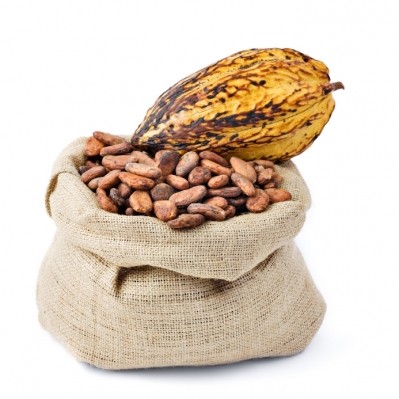Heart benefits of phenolic compounds not physiologically relevant, says study
Writing in Molecular Nutrition & Food Research, researchers from the UK reported that only high concentrations – of more than 50 μmol per litre – of low molecular weight phenolic compounds in blood had anti-platelet effects in vitro, adding that because such high concentrations of phenols are unlikely to be reached in the circulation, “it is doubtful whether consumption of dietary phenolics in nutritionally attainable amounts plays a major role in inhibition of platelet activation and aggregation in humans.”
“The fact that relatively high concentrations of these compounds only had a very small effect on the lag time of collagen-induced platelet aggregation indicates that these findings are unlikely to have a significant physiological impact,” explained the researchers, who were led by Dr Baukje de Roos from the University of Aberdeen.
“Furthermore, most phenolics tested in this study may not be present in human blood in their non-conjugated form as they rapidly undergo metabolism before entering the circulation,” they explained.
Phenolic compounds
The consumption of diets rich in plant-based products is known to protect against the development of cardiovascular disease (CVD). The authors noted that this is not only due to their content in minerals, vitamins, and fibre, “but has also been ascribed to phenolic compounds, secondary plant metabolites that are ubiquitous in fruits, vegetables, herbs, spices, teas, and wines.”
“Many diet-derived phenolic and polyphenolic compounds have been shown to be potentially beneficial for human health as they exhibit, e.g. antioxidant, anti-inflammatory, and anti-carcinogenicproperties ... [whilst] some dietary phenolic compounds, mainly polyphenols, also have been shown to affect human platelet function in vitro and in vivo,” said de Roos and her colleagues.
They explained that activated blood platelets play a central role in the development of CVD because they are major components of blood clots that block arteries and also contribute to plaque formation within blood vessels in the early stages of atherogenesis. But noted that the anti-platelet effects of phenolic compounds is “scarce and difficult to interpret in a nutritional context.”
Study details
de Roos and her team systematically screened 26 low molecular weight phenolic acids that are common in plant foods, and their metabolites, for the ability to affect collagen-induced platelet aggregation and thrombin receptor activating peptide (TRAP)-induced platelet activation.
“Both platelet activation and aggregation were examined as they represent two separate steps contributing to plaque formation within blood vessels in the early stages of atherogenesis as well as to the formation of thrombi after plaque rupture,” they explained.
The research team reported that only the highest tested concentrations – between 50 and 100 μmol/L –
of the very simple phenolics, catechol, and resorcinol showed a consistent anti-platelet effect by inhibiting collagen-induced platelet aggregation and increasing lag time.
Catechol was also found to significantly decrease TRAP-induced platelet activation by 11%, whilst high concentrations of hippuric acid and pyrogallol also showed inhibitory effects on in vitro collagen-induced platelet aggregation, said de Roos and her co-workers.
“Gallic acid, dihydrocaffeic acid, ferulic acid, and salicylic acid slightly but significantly shortened the lag time of collagen-induced platelet aggregation by 6–8% compared with the control,” they added.
However, the researchers revealed that at lower concentrations – of less than 10 μmol/L – phenolic compounds affected neither collagen-induced platelet aggregation nor TRAP-induced platelet activation.
The UK team said that the findings indicate that physiologically relevant concentrations of catechol, resorcinol, and pyrogallol “are unlikely to have anti-platelet effects” because concentrations of such phenolics in human plasma are unlikely to be higher than 4 μmol/L.
“We cannot exclude, however, that combinations of phenolic acids and their metabolites, as present in certain food products, as well as other phenolic acids that were not tested here, could have more marked beneficial effects on platelet function,” they conceded.
Source: Molecular Nutrition & Food Research
Published online ahead of print, doi: 10.1002/mnfr.201100135
“In vitro anti-platelet effects of simple plant-derived phenolic compounds are only found at high, non-physiological concentrations”
Authors: L.M. Ostertag, N, O'Kennedy, G.W. Horgan, P.A. Kroon, G.G. Duthie, B, de Roos















